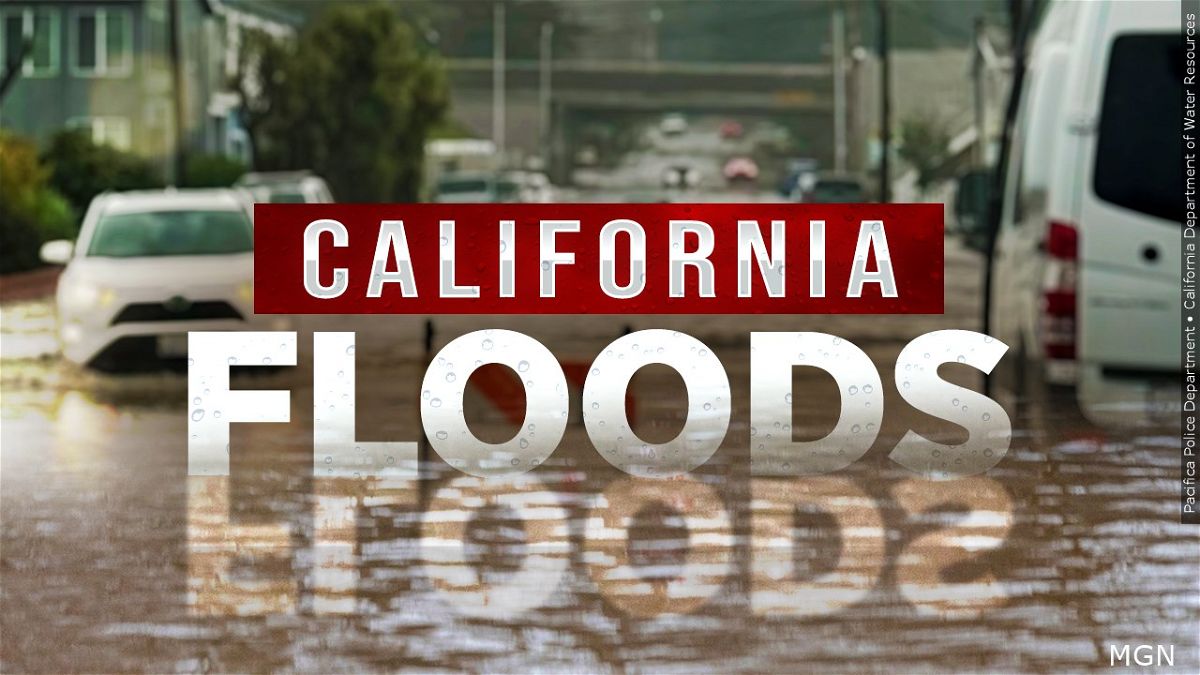[ad_1]
As of May 1, 2022, California expanded eligibility for full-scope Medi-Cal benefits to all adults age 50 or older with low incomes, regardless of immigration status. To gain insights on effective messaging to raise awareness about this Medi-Cal expansion and to motivate enrollment, the California Health Care Foundation engaged a research firm, Vision, Strategy and Insights (VSI), to conduct message testing with newly eligible Latino/x, Chinese, and Korean immigrants in Los Angeles County.
VSI conducted 12 focus groups from May 24 to June 9, 2022, with 65 total participants: 32 Latino/x, 17 Chinese, and 16 Korean. In addition to probing about general awareness of the Medi-Cal program and the new opportunity to enroll, focus group participants reacted to outreach materials currently in use by community-based organizations and the California Department of Health Care Services.
Key Findings and Recommendations
- Mixed awareness, high interest. About half of Latino/x participants reported having heard something about the expansion. Awareness was lower among Chinese and Korean participants. Regardless of prior awareness, participants welcomed news of the expansion.
- Cautiously motivated. Most respondents expressed that they were “very motivated” to apply, and their motivation grew as they learned more. Nevertheless, most expressed a need for more information before taking that step.
- More information (not less) is better. Participants preferred outreach materials with more detailed information on Medi-Cal, the benefits and services they would receive, and the eligibility requirements. More information assuages worries and builds trust and credibility.
- Emphasize the connection to the California government. Respondents liked knowing that the source of Medi-Cal is the California government and that the new opportunity to enroll is because of a law that is not subject to erratic changes.
- Specify that the Medi-Cal expansion to 50+ regardless of immigration status is a new law.
- Specify that Medi-Cal is a government program.
- Include .gov websites whenever possible (instead of .com or .org).
- Use government officials or representatives of the Medi-Cal program as messengers.
- List the range of health care services covered. Dental, vision, general preventive wellness visits, and referrals to specialists were considered the most valued services by respondents.
- Address worries about immigration status and public charge head-on. Say explicitly that enrolling in Medi-Cal will not affect current or future immigration status. Display this information prominently.
- Provide multiple contact points. Respondents wanted phone, online, and in-person options to get more information or help.
The slide presentation from VSI, available under Document Downloads, provides more detailed findings.
[ad_2]
Source link

